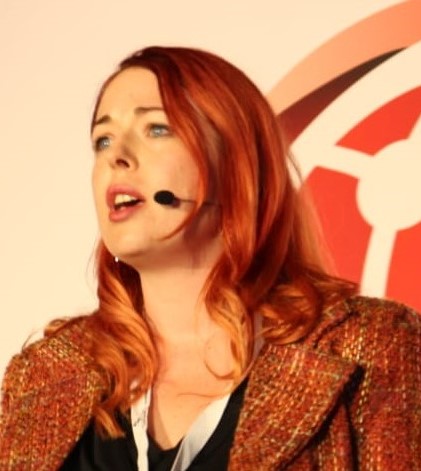“If you want to go quickly, go alone. If you want to go far, go together.” – an African proverb
South African culture at its best is collaborative, creative and charismatic. The rich culture and drive to build a better life sit at the heart of South Africans. South African culture is as diverse as our wildlife. With 11 official languages, we are not called the “Rainbow Nation” for nothing.
Most African cultures start with the ancestry of the place and people. South Africa’s ancestry includes the Khoi-San tribes, Bantu tribe settlers and European colonists. The result is a vibrant array of ideas, customs and belief systems often broken into ethnic and cultural groups.
When I think of African culture, the following images come to mind:
- A tribe comes together around the fire, where the elders share their stories and wisdom
- A group of friends sharing ideas around a braai (BBQ)
- The community coming together to help one another during tough times
Defining culture, especially in South Africa, often feels like a double-edged sword. We do live with a heightened sense of multicultural sensitivity, and with good reason. South African culture is deeply rooted in our past – as is overcoming it to build an equal society.
We are not without our challenges, such as high unemployment, ageing infrastructure and a strained economy. The political influence on South African culture is hard to ignore. In many ways, it is our socio-economic environment that drives an entrepreneurial spirit.
We are an accepting nation that prefers face-to-face engagement, direct communication, and physical contact regardless of culture. The key advantage of working with South Africans in a bid is that we are accepting, persistent and hardworking, and we know how to come together.
So how does this impact how we bid?
Culture and managing diversity are critical to success in any country. Some key aspects South African culture has on the bid process are:
Planning
South African businesses need to plan daily activities and contingencies to remain sustainable. Examples include:
- We have a generator/alternative power sources to manage power outages
- Language is a vital consideration, especially if bidding out of the country. For example, if bidding to Mozambique, we may have to translate the bid into Portuguese.
- Access to technology, tools, and infrastructure is essential. Some South Africans do not have connectivity, space to work or access to a laptop.
People
South African bid teams are often smaller than their UK and US counterparts. As such, individuals need to multitask. It is rare to find a company with a proposal manager and a proposal writer.
South Africans are used to working in diverse teams and providing different perspectives. Respectfully maintaining control while giving each member a voice is essential.
Process
Companies need to comply with the Broad-Based Black Economic Empowerment Act to work in South Africa. The Act is in place to reduce the impact of historically disadvantaged individuals. To meet these requirements, businesses need to improve black ownership, employment equity, enterprise development and skills development.
In addition, larger companies often need to subcontract with black qualifying entities for 30%+ of the contract value.
Due to increased scrutiny around fraud and corruption, additional quality gates and governance processes must reduce risk. Extra checkpoints add time constraints and pressure on the bid function.
A diverse bid team in action
Currently, I am part of a bid that contains five Joint Venture partners and over twenty subcontractors. The project combines teams from across South Africa and China and over fifty people to engage with. The aspect of cultural impact when working in a bid team is, therefore, top of mind.
Success depends on navigating the South African and Chinese cultural differences within the sub-cultures of each organisation. Educating our foreign partners on working in South Africa and understanding our procurement and bid processes is necessary.
Managing a team this size is easier said than done. I have had to consider:
- Technology access restrictions in each country
- Language and cultural barriers
- Additional time required for translation services (meetings and content)
- Time zone restrictions for meetings and deadlines
- Political happenings, influences and impact
- Regulatory, legal and procurement considerations
- Impact of Covid-19 on travel as well as work/life balance
Using a documented and structured bid process is non-negotiable but needs to allow room for flexibility. It helps to have a core team including an intermediary who understands both cultures and sets up smaller group sessions for updates.
A central data room and breaking the project into financial, technical, and commercial segments also make the process easier.
Making sure the team is on the same page is essential. Communication beyond virtual meetings and putting crucial aspects in writing is critical.
Getting all the content in English and making it into a cohesive story for the customer is vital. To achieve this, we prepare a strategy template with a content plan. Guiding the team to use one template makes it easier to consolidate into ‘one voice’.
No matter how diverse the bid team is, winning is possible when you work towards a common goal.
“We might have our differences, but we are one people with a common destiny in our rich variety of culture, race and tradition.” – Nelson Mandela
Larissa Cornelius
With over 12 years in business development and proposal consultancy, Larissa offers bid expertise across various industries. She has trained thousands of people and worked with over 260 companies on strategic bid work. She has a further seven years of operational management expertise and actively promotes the proposal profession by combining proposal best practices with her operational and sales background, helping businesses win more.
